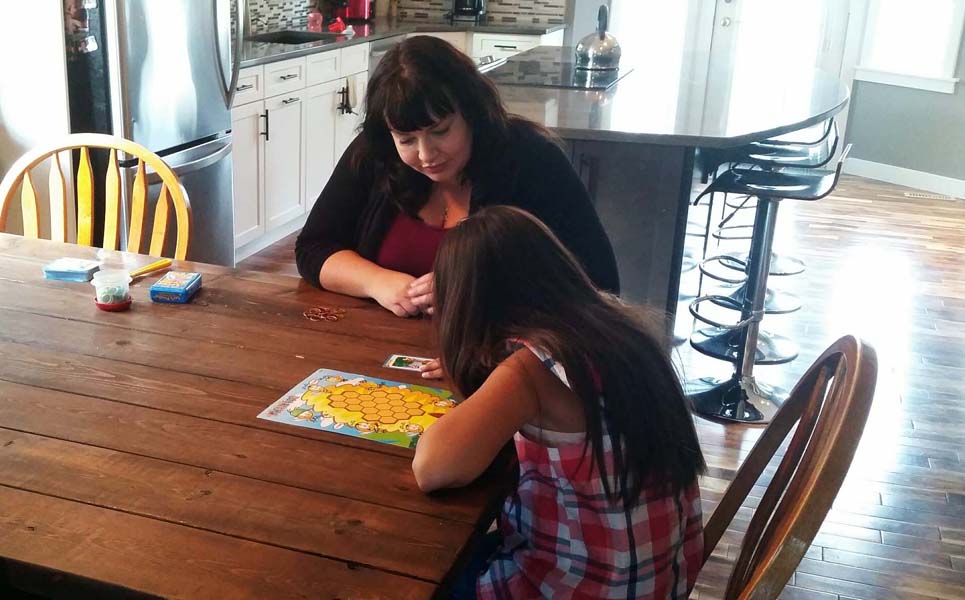At Ranch Ehrlo, we are continually looking for ways to improve or start new services to better meet the needs of children, youth, and families in our province.
For this reason, we are very excited to announce the expansion of foster care based services. It has grown from a single program, known as the Treatment Foster Care program, to what it is today – three separate programs with the common theme of professionalizing foster care, falling under the umbrella of Foster Care Services.
The expansion will involve two new types of service: 1) Emergency Foster Care (EFC) and, 2) a Family Based Treatment Home (FBTH) service.
“The need for foster care in Saskatchewan is huge. There’s a major need within the ministry right now for services for younger children. They cannot have enough homes,” explained Treatment Foster Care program manager Lisa Neill.
“We think the agency is a great place to star recruiting quality families for these two programs,” she continued.
Emergency Foster Care will provide for children ages 0 – 6 in need of short-term, emergency care. Our specially trained foster parents will welcome children into their homes 24/7, for up to 30 days, while the Ministry develops a longer-term placement plan.
EFC services will provide a safe and nurturing environment designed to reduce the amount of trauma experienced by children after removal from their homes.
“We are looking for three families to start this program, each of whom will be asked to take in a maximum of two children at one time,” explained Lisa. "Staying true to the program model, this is a contracted position which requires one parent to stay home and be the primary care giver."
The FBTH service will involve foster parents caring for up to four children with the help of child and youth care staff. This new program will serve children aged 5 to 11 with a variety of presenting problems, including behavioural, emotional, and developmental issues. Children referred to this program will typically require 24-hour supervision and/or support, but will be better served in a staffed family home compared to a group or residential treatment home. Professional foster parents will live in the home, but will be supported by in-home child and youth-care staff.
Ranch Ehrlo plans to provide the home and vehicle for a FBTH program, but is open to other alternatives or ideas from interested foster parent candidates.
“We see this is a very important next step for our program,” she concluded.
Anyone interested in applying to become foster parents should contact Lisa .


